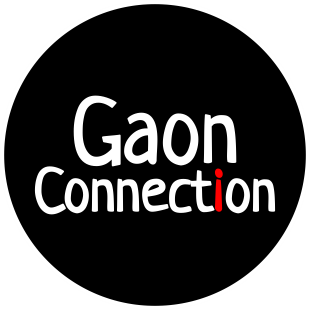Delta variant on course to become dominant COVID19 strain worldwide, warns WHO
The WHO warned that the Delta variant is about to become the dominant COVID19 strain globally. Low and lower-middle-income countries are struggling to ramp up vaccination and testing due to a lack of funds and supplies. Details here.


WHO pointed out that the low and lower-middle-income countries are vulnerable to new variants. Photo: Pixabay
The World Health Organization (WHO), stated yesterday, on August 16 that the Delta variant is on its course to become the dominant COVID19 strain worldwide. It also stated that the surge in the highly transmissible variant increases urgency for vaccinating large numbers of vulnerable people especially in the poor countries of Asia and Africa.
With more COVID19 cases reported in the first five months of 2021 than in the whole of 2020, the world is still in the acute phase of the pandemic, noted the public health body. This despite high vaccination rates in some countries protecting populations from severe disease and death.
“Inadequate testing and low vaccination rates are exacerbating disease transmission and overwhelming local health systems, while leaving the whole world vulnerable to new variants,” said the WHO in the press release dated August 16.

It pointed out that the testing rates in much of the world is too low, especially low and lower-middle-income countries leaving much of the world ‘blind’ to how the disease is evolving and vulnerable to new variants.
It underlined that the rising infection rates resulting in increased hospitalisations are overwhelming the healthcare systems and leaving many countries in urgent need of life-saving oxygen.
While many high-income countries and some upper-middle-income countries have implemented extensive vaccination campaigns, put more robust testing systems in place, and made treatments increasingly available, the WHO highlighted that many low and lower-middle-income countries are struggling to access these vital tools due to a lack of funds and supplies.
The WHO said funding the Rapid ACT-Accelerator Delta Response (RADAR) urgent appeal for US $7.7 billion would enable:
- Significantly increase testing and better surveillance to detect and protect against new variants.
- More oxygen to treat the seriously ill and save lives.
- Vital personal protective equipment (PPE) to protect health workers.
- The rolling out of emergency response and delivery support for the effective delivery and deployment of COVID19 tools, including in humanitarian contexts; and continued research and development (R&D) so that tools remain effective.
“US$ 7.7 billion is needed urgently to fund the ACT-Accelerator’s work to address the Delta surge and put the world on track to ending the pandemic,” Tedros Adhanom Ghebreyesus, WHO Director-General, was quoted as saying.
“This investment is a tiny portion of the amount governments are spending to deal with COVID-19 and makes ethical, economic and epidemiological sense. If these funds aren’t made available now to stop the transmission of Delta in the most vulnerable countries, we will undoubtedly all pay the consequences later in the year,” he said.
The WHO clarified that the US$ 7.7 billion is not an additional funding need but is part of the ACT-Accelerator’s overall 2021 budget, which is needed ‘urgently’ within the next four months.

